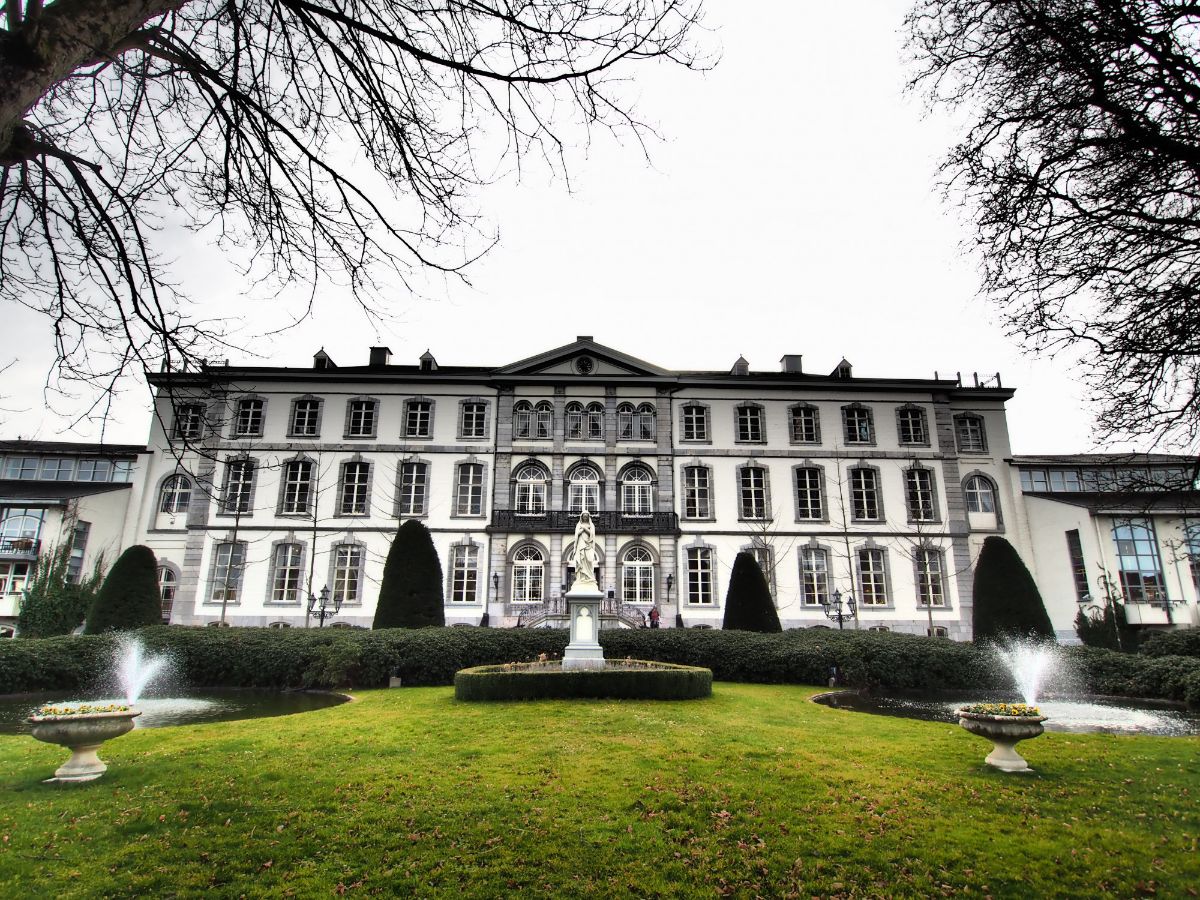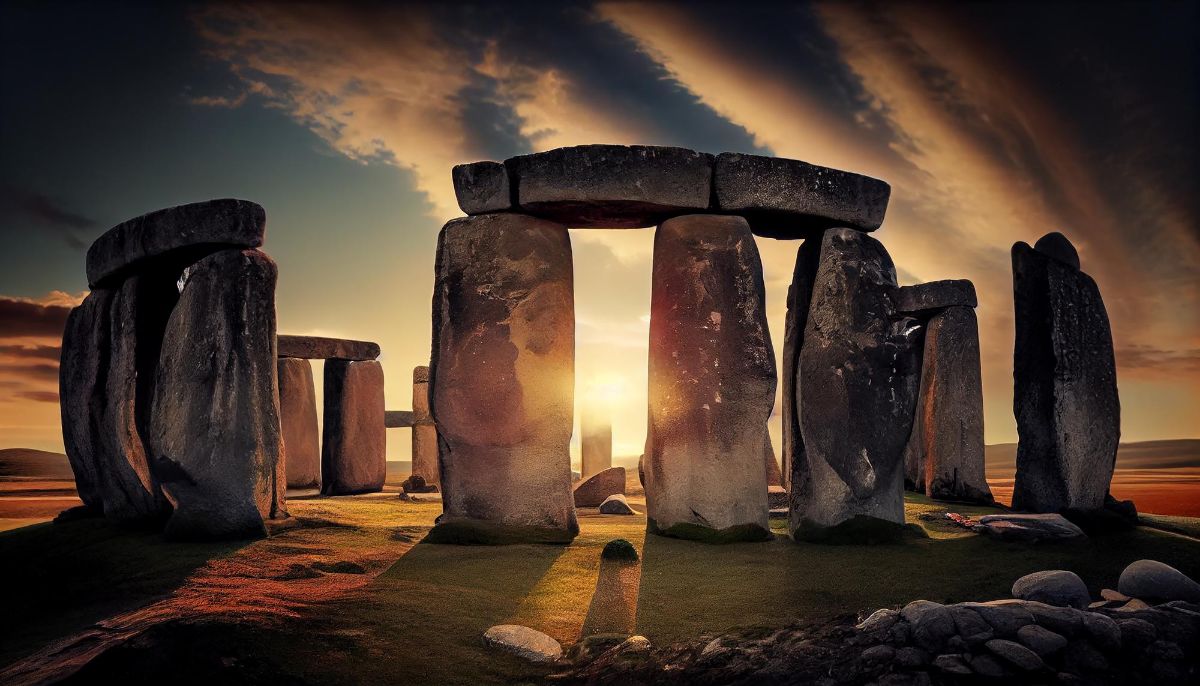Radio, the invisible messenger of the airwaves, has been an integral part of our lives for over a century. It’s a technology that has transformed the way we communicate, bringing the world closer together. In this journey through the annals of time, we’ll embark on a fascinating exploration of ‘World Radio History.’ We’ll traverse the milestones, innovations, and the unforgettable impact radio has had on society. So, fasten your seatbelts and tune in as we embark on a historical adventure!
The Early Days of Radio Guglielmo Marconi, The Pioneer of Radio
The journey of radio technology, like many revolutionary inventions, had a humble beginning. It all started with the pioneering work of Guglielmo Marconi, an Italian inventor often credited as the father of radio. His groundbreaking experiments in the late 19th century laid the foundation for the radio as we know it today. We’ll explore Marconi’s role in this journey of World Radio History.
The Birth of Wireless Communication | World Radio History
Before radio, long-distance communication was limited to telegraph wires and cables. World Radio History changed the game by introducing the concept of wireless communication. It allowed information to travel through the airwaves, transcending physical boundaries and making instant communication possible. We’ll delve into how this breakthrough transformed the world.
First Radio Transmission Across the Atlantic
One of the most significant milestones in radio history was the first successful transmission of radio waves across the Atlantic Ocean. This achievement, often attributed to Marconi, marked a defining moment in the development of radio technology. We’ll explore the details of this historic event and its implications for global communication.
The Radio Spectrum AM vs. FM | World Radio History
The radio spectrum is a vast landscape of electromagnetic waves, and it’s the battleground of two primary broadcasting systems: AM (Amplitude Modulation) and FM (Frequency Modulation). These systems have coexisted and competed for dominance, each with advantages and limitations. We’ll dive into the differences, strengths, and applications of AM and FM radio waves in this World Radio History.
Understanding Frequency Modulation
In order to grasp the details of radio broadcasting, it’s essential to have a good understanding of frequency modulation (FM). FM is the technology that forms the basis of FM radio, which is known for its high-quality audio and ability to resist interference. In this article, we will delve into the workings of this technology, its importance, and its role in the history of world radio.
The Impact of Frequency Bands World Radio History
Within the radio spectrum, different frequency bands serve various purposes. Each bar has its unique features and applications. From long-wave to short-wave, ultra-high to very high frequency, these bands facilitate diverse forms of radio communication, from AM and FM broadcasting to aviation and marine communication. We’ll unravel the impact of these frequency bands and their role in the broader radio landscape.
The Golden Age of Radio | A Rise of Broadcast World Radio History
The 1920s and 1930s marked a remarkable era in radio history known as the “Golden Age of Radio.” During this time, radio became a central element of entertainment and information dissemination. It transitioned from experimental broadcasts to widespread, scheduled programming. We’ll journey back to this period and explore how broadcast radio rose to prominence.
Serialized Dramas and Live Performances
One of the defining characteristics of the Golden Age of Radio was the captivating serialized dramas and live performances that kept families across the nation glued to their radio sets. From suspenseful mysteries to heartwarming family stories and thrilling live musical performances, radio offers a wide range of engaging content. We’ll delve into some of the most iconic shows and concerts that shaped this era.
Radio’s Influence on Pop Culture World Radio History
Radio was not just a medium for entertainment; it was a significant influencer of pop culture. It introduced new music, celebrities, and trends to the masses. Icons like Orson Welles and Jack Benny became household names, demonstrating the medium’s power to shape culture. We’ll explore the profound influence radio had on the popular culture of the time.
Radio’s Role in World War II World Radio History
World War II was a defining moment in history, and radio played a pivotal role in the conflict. World Radio History became a powerful tool for communication and information dissemination during the war. We’ll explore how radio technology was utilized by both the Allied and Axis powers and its significance in wartime efforts.
Boosting Troop Morale
During World War II, radio was not only a means of conveying essential information but also a source of comfort and morale for troops on the front lines. Radio broadcasts, including music, news from home, and messages from loved ones, played a crucial role in boosting the morale of those serving their countries. We’ll delve into the heartwarming stories of how radio kept the troops connected to home.
Disseminating Wartime Information
The immediacy of World Radio History made it an invaluable tool for disseminating wartime information to military personnel and civilians. News updates, propaganda, and emergency broadcasts were transmitted via radio waves. We’ll explore the critical role radio played in informing the public and coordinating efforts during the war.
The Evolution of World Radio History
The latter half of the 20th century witnessed a significant transition in broadcasting technology – the shift from analog to digital. This transition not only improved the quality of radio signals but also paved the way for innovative features. We’ll explore this transformation and its impact on World Radio History.
The Role of Transistors and Integrated Circuits
Transistors and integrated circuits revolutionized radio technology. These small but powerful components enabled portable radios and introduced greater efficiency in signal processing. We’ll delve into how transistors and integrated circuits changed the radio landscape.
Expanding the World Radio History Landscape
The evolution of broadcasting brought with it an expanded radio landscape. New frequencies and formats emerged, offering a more comprehensive range of content and options for listeners. From talk radio to niche music stations, radio became more diverse. We’ll explore how this expansion influenced the radio industry and its audience.
Community Radio Empowering Local Communities
Community radio is an essential tool for empowering local communities. It allows individuals and groups to voice their concerns, discuss local issues, and celebrate their culture. We’ll examine how community radio has been instrumental in giving a voice to those who may have yet to be heard on larger platforms.
Local Voices, Local Impact
Local voices on community radio have a significant impact. They address neighborhood concerns, share local news, and create a sense of unity among residents. We’ll delve into how local voices on community radio affect change at the grassroots level of the Original History of Ancient America.
Community World Radio History Today
Community radio continues to thrive in the digital age. It has adapted to new technologies and platforms, expanding its reach and influence. We’ll explore the state of community radio today and how it remains relevant in our ever-changing world.
Radio’s Influence on Pop Culture
Radio has recreated a pivotal role in the music industry for decades. It has been the primary platform for introducing new artists, songs, and genres. We’ll explore how radio and the music industry are intertwined and how the medium has been instrumental in musicians’ careers.
Icons and Superstars of Radio
Throughout the history of radio, there have been iconic figures and superstars who have left an indelible mark on the medium. From legendary radio hosts to influential DJs, we’ll delve into the lives and careers of those who have become household names.
Shaping Trends and Fashions
Radio not only influences music but also shapes broader cultural trends and fashions. It has been a trendsetter, introducing new styles and promoting fashion trends. We’ll explore how radio has impacted tone and artistic movements.
Challenges and Adaptations

Radio’s Resilience in the Digital Age | World Radio History
The digital age posed new challenges for traditional radio. However, radio has shown remarkable resilience by adapting to changing technologies and audience preferences. We’ll explore how radio has navigated the digital age and maintained relevance.
Competition from Television and the Internet
Radio faced fierce competition from television and the internet. We’ll examine how radio has coped with these competitive forces and carved out its unique space in the media landscape.
Embracing Online Platforms
Radio has embraced online platforms and adapted to the digital era. We will explore how radio stations can reach a broader audience through online streaming and social media interaction.
Radio in the Internet Era The Emergence of Streaming Radio
The internet era brought about the emergence of streaming radio, offering listeners a new way to tune in. We’ll delve into the rise of streaming radio services and their impact on traditional radio.
Podcasts A New Frontier
Podcasts have become a significant part of the internet radio landscape, offering on-demand content and diverse programming. We’ll explore the growth of podcasts and their role in audio entertainment.
The Role of Social Media in World Radio History
Social media platforms have become integral to radio’s online presence. Radio stations and personalities have used social media to connect with audiences and promote their shows. We’ll examine the role of social media in radio’s internet era.
International Broadcasting Services
Radio has the unique ability to transcend borders and reach a global audience. We’ll explore international broadcasting services and their role in diplomacy, news, and cultural exchange.
Fostering Global Cultural Exchange
Radio has been a powerful tool in fostering global cultural exchange. We’ll look at how it has facilitated the sharing of cultures and traditions between nations.
World Radio History as a Unifying Force
Radio, through its international broadcasts and global reach, has served as a unifying force in a world that can often feel divided. We’ll explore how radio has promoted understanding and unity.
The Future of World Radio History
The Ongoing Relevance of Traditional Radio
While the landscape of radio has evolved, traditional radio remains relevant. We’ll discuss the enduring appeal of tuning in to live broadcasts and the role of local radio stations.
Digital Innovations and Interactive World Radio History
Digital innovations and interactive programming characterize the future of radio. I have corrected any spelling, grammar, and punctuation errors in the original text. We’ll explore how radio is becoming more interactive and personalized for listeners.
The Promise of Satellite Radio
Satellite radio offers a new frontier for broadcasting. We’ll discuss the potential of satellite radio and how it may shape the medium’s future in World Radio History.
Conclusion
Radio’s history has had a profound impact on societies worldwide. It has served as a powerful medium that has brought people together, informed and educated them, entertained them, and provided a voice to the voiceless. From the early days of Morse code and telegraphy to the advent of FM stereo and digital broadcasting, radio has continuously evolved and adapted to the changing times. As we look back at the milestones and moments that have shaped this medium, we can appreciate the decisive role that radio has played in shaping the course of human history.
Frequently Asked Questions(FAQs)
What was the first-ever radio broadcast?
The first-ever radio broadcast occurred in 1906 when Reginald Fessenden, a Canadian inventor, transmitted a program from Brant Rock, Massachusetts, that included music and voice.
How did radio change during World War II?
Radio played a pivotal role in World War II by providing real-time updates, news, and entertainment to both troops and civilians. It was a powerful tool for boosting morale and disseminating vital information.
How has the rise of the internet affected radio?
The rise of the internet has brought both challenges and opportunities to radio. While it introduced competition from streaming services and online content, radio adapted by embracing digital platforms and offering online streaming and podcasts.











